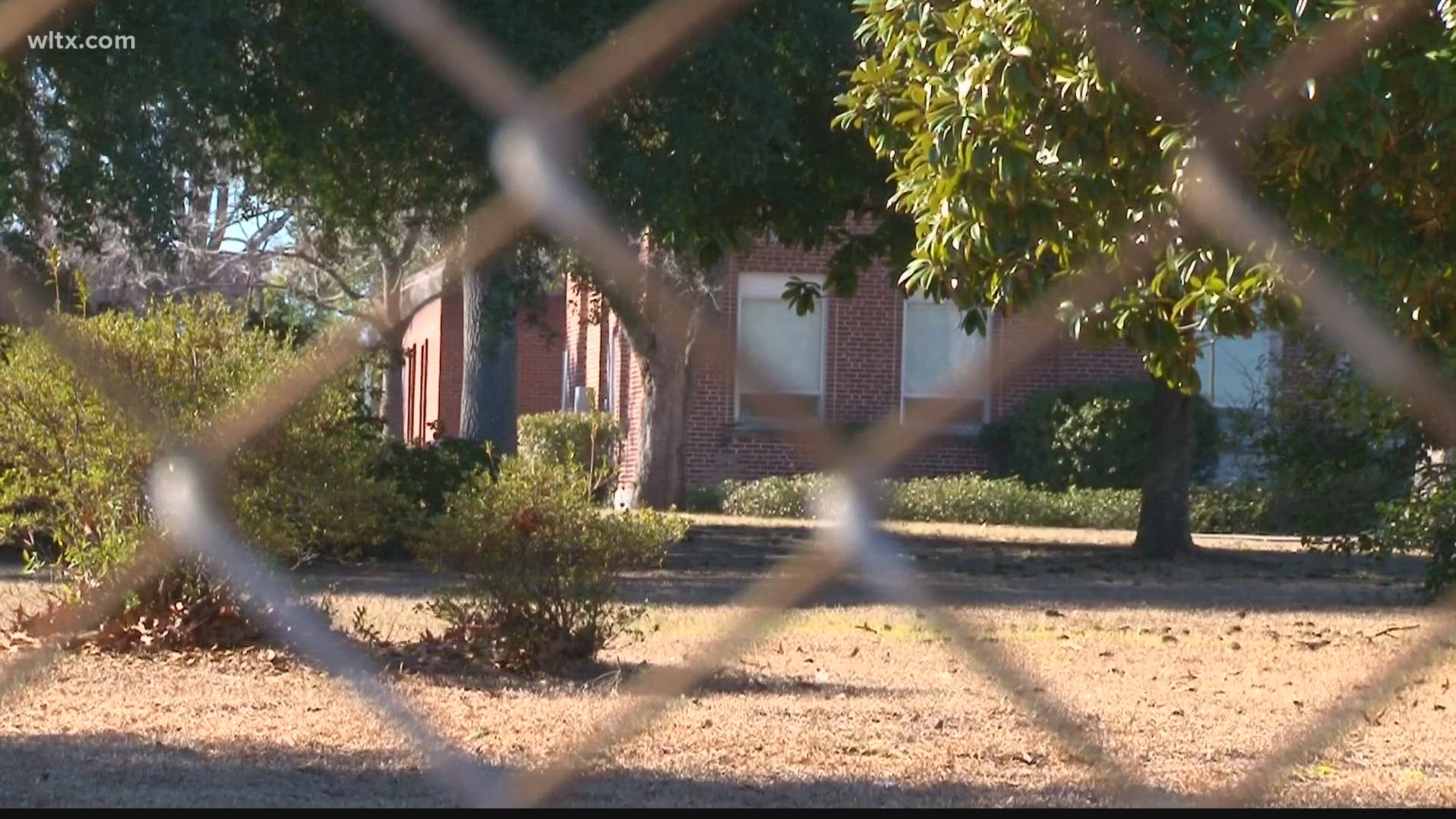COLUMBIA, S.C. — A federal investigation found South Carolina violates the rights of mentally ill adults by placing them in overly restrictive group homes, sometimes unnecessarily.
The Department of Justice launched the probe more than a year ago after receiving a complaint.
The 20-page report states about 2,000 people with serious mental illness were institutionalized in adult care homes. It said these facilities violated those people's rights by limiting their choice and independence.
"I was excited the report was released and I was not really surprised at the findings," said Disability Rights of South Carolina Executive Director Beth Franco. "Institutionalization really is a form of discrimination and so people should have choices, they should have options."
According to the report, some mentally ill residents have remained in facilities for up to 35 years. The average resident spends five years in an adult care home.
While in these homes, the report states residents have little contact with people without disabilities, often leaving the homes only for medical appointments and group visits to grocery and convenience stores.
"I live with a psychiatric illness myself, and I cannot imagine if those were my only choices," said Director of Public Health & Disability Integration for Able SC Mandy Halloran.
Halloran said the Palmetto State failed to provide sufficient services to prevent institutionalization.
"Our voices continue to be ignored, and then we end up with substandard care and unacceptable conditions," said Halloran.
By housing residents in Adult Care Homes rather than in less restrictive settings, investigators concluded South Carolina violated the Americans with Disabilities Act requirements.
"That is the bare minimum, that is the floor, not the ceiling of what we need to comply with as a state," said Halloran.
In a statement to News19, the Department of Mental Health said:
"Leadership is surprised by the report's findings, due to the Agency's significant efforts and successes in diligently addressing these exact issues."
Advocates like Halloran and Franco hope the report spurs changes at the state level.
"South Carolina could do a better job if South Carolina made it a priority," said Halloran.
"It really highlights that there's still more work that needs to be done in South Carolina," said Franco.
Individuals with relevant information can contact the Department by emailing Community.SouthCarolina@usdoj.gov.
"People with disabilities should not be isolated in institutions for years on end when they can and want to live in their own homes," said Kristen Clarke, assistant attorney general for civil rights at the DOJ, in a press release.

